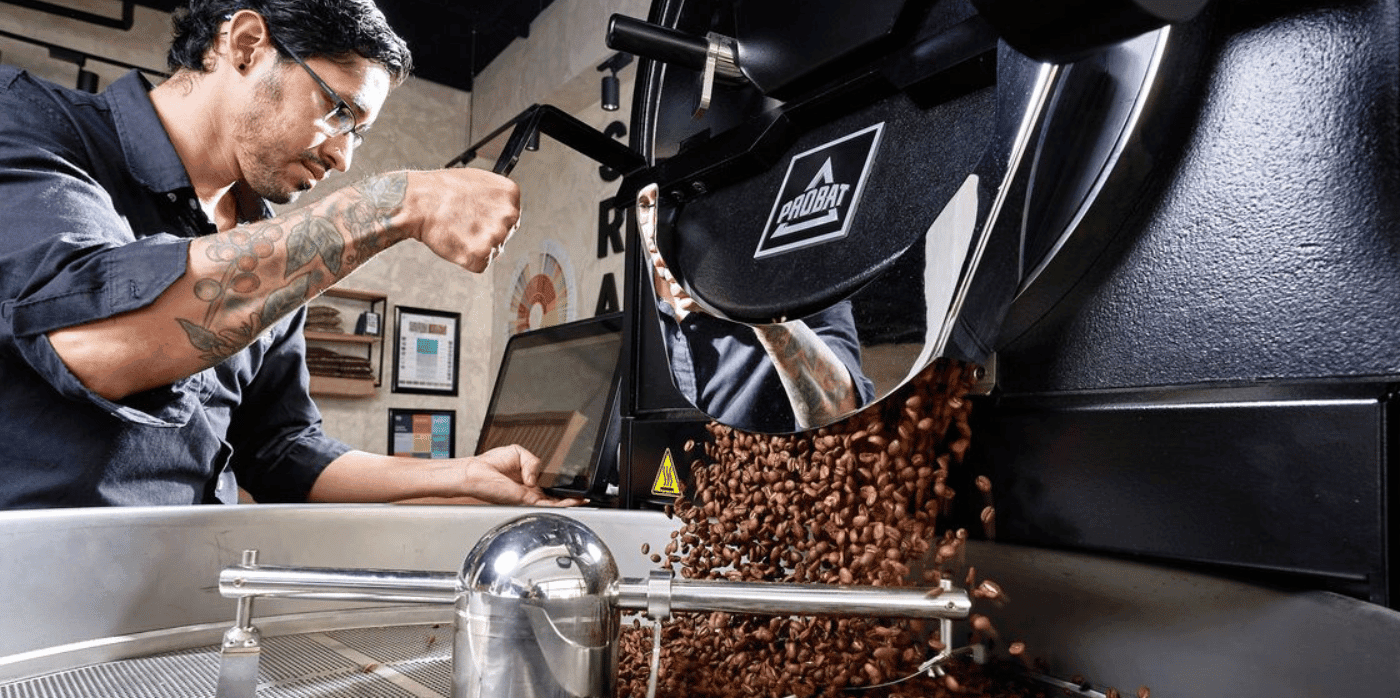Connecting customers directly to coffee producers

Spotted: An estimated 95 per cent of coffee farmers are smallholders, and they rarely earn a living from the crop, despite the global market being worth almost $500 billion (around €461 billion). Part of the difficulty in raising growers’ income comes from the expensive equipment required to process and roast the beans. Being able to sell processed and roasted beans – instead of untreated ones – would enable farmers to charge more and therefore earn much more for every crop they grow.
Honduran company Spirit Animal Coffee is working to rebalance that disparity between production and consumption prices by selling locally roasted, organic, speciality coffees to discerning customers around the world. The company pays an appropriate, sustainable rate for coffee grown by small-scale, family-run farms and then roasts the beans at its roastery in San Pedro Sula, Honduras. With Spirit Animal Coffee, farmers get to taste the final product made from their crops – often for the first time – allowing them to give ideas about how to improve quality and flavours with different growing techniques.
Spirit Animal Coffee roasts beans once a week, and then 48 hours later, ships all orders out via UPS Air. By using air freight, rather than shipping via sea on weeks-long voyages, Spirit Animal Coffee arrives fresh and ready for immediate consumption. Because the farmers the company works with grow organically, there are no concerns regarding pesticide use, and all the coffee is tested for mycotoxins before shipping.
The coffee is available from the company’s online shop, as well as via subscription. Subscriptions are available in one, two, three, and four-week intervals, and customers can choose how many bags they would like with each delivery. Because Spirit Animal Coffee works directly with growers, customers can easily find out who grows their favourite brew and, with each order, know that they are contributing to a more equitable economy.
Spirit Animal Coffee also has a longer-term plan to continue helping smallholders diversify the types of beans they grow and grow their income. Called the Geisha project, sales of the hard-to-grow speciality coffee bring in additional income that farmers use to improve their land and growing methods. Geisha coffee brings in some of the highest global prices for coffee, with a single cup costing around $100 (around €92.23).
Other innovations in the coffee industry showcased in Springwise’s library include coffee made from non-tropically grown natural ingredients such as cereals, fruits, and legumes, and the upcycling of waste grounds for use in vegan health and beauty products.
Written By: Keely Khoury



